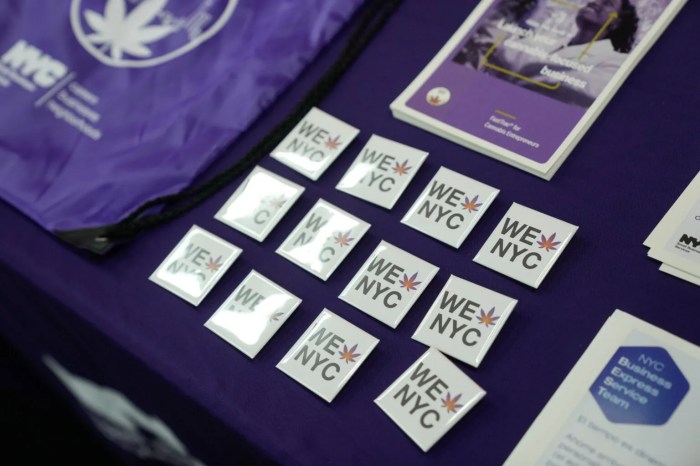No coven of leftists elected Howard Dean as chairman of the Democratic National Committee. Party professionals selected him and it is clear that the advantages of choosing an Iraqi war critic and gay ally outweighed the disadvantages.
Of course, the party stalwarts wanted to know if Dean could raise money, but the bottom line is they believed that he would cooperate with party insiders. An impulsive Dean often roiled his failed presidential campaign. His passionate and spontaneous utterances became the news of the day, drowning the message that the campaign had agreed to deliver.
Joe Trippi, Dean’s former campaign manager, was astounded when the candidate negotiated the Al Gore endorsement by himself—literally refusing to tell the campaign staff what was going on. Gore’s endorsement changed the character of the campaign. It stopped being an insurgent force, and was now blessed by the establishment—a drastic change that went mostly unanalyzed. It was the beginning of the end of Dean’s presidential race.
A new Dean has emerged. He has learned some hard lessons. He worked with party professionals like Harold Ickes, who is close to the Clintons; James Jordan, who helmed the Kerry campaign in its early days before being pushed aside; and in New York, Ethan Geto, a longtime gay lobbyist16 who chaired his effort in this state last year. Dean has learned to listen and, equally important, to delegate tasks and accept solutions offered by colleagues. His statements have become targeted, crisp on-message sound bites.
Although Dean’s ties to the left wing of the Democratic Party remain strong, he underscores his record as a centrist governor who balanced budgets. These policy prescriptions informed Dean’s statements calling Republicans the party of “fiscal recklessness” with “Enron-style” accounting.
In short, Dean gave up his membership in the “daily surprise” club and has shown that he can stay on message. No single factor made Dean the choice of party professionals; it was a combination of attributes that they liked.
They chose Dean despite the vocal opposition of Washington insiders, including the Democratic leaders in Congress. And it is here that Dean’s importance to the lesbian, gay, bisexual and transgender (LGBT) community may well lie. Professor Kenneth Sherrill, a political scientist at CUNY, noted in a recent interview that Dean’s congressional opposition came from lawmakers who, after the startling success of anti-gay constitutional amendments in the last election, view gays as a “radioactive” part of the Democratic Party.
Throughout his baptism by fire, however, Dean has remained a visible and close friend of the LGBT community. During the early stages of his presidential drive, LGBT money and personnel gave the Vermont governor a national base. Geto called Dean’s selection as chairman a “godsend” for the LGBT community.
“Of all the national Democrats, he is the one with the deepest visceral commitment for advancing gay rights. He is unshakeable in that mind set,” Geto said.
With Dean’s new post, the Republican efforts to divide the Democrats over the gay marriage issue have suffered a major setback. Dean who is a physician, is also good on issues including abortion and sex education. Dean’s views dovetail nicely with the LGBT community’s many allies.
The Democrats in Congress, a smaller caucus in both houses as a result of the election, don’t have much to crow about. They have been minimizing the differences between the two parties for years while the GOP orchestrated a takeover of the federal government.
Outside the Beltway, however, Democrats are showing signs of life in the states. In contrast to the Republicans gains in Congress, the Democrats increased their strength in the state legislatures. Two years ago, the Republicans had a 64-seat advantage in the total number of state legislators elected across the nation, that is now a one-seat advantage. Ken Bode, a former Democratic Party activist who became a political reporter, argues that the Democrats are gaining ground in the states, and it is here that they will be looking for new ideas.
Democratic Party professionals are no longer married to the Clintonian technique of triangulation that minimized the differences between the Democrats and Republicans. If Howard Dean stands for anything, it is for emphasizing the sharp difference between Republicans and Democrats. The Democratic National Committee seems to have recognized that being a “moderate” Democrat is to be an invisible Democrat.
This is all good news for the public interest groups that make up a large part of the Democratic Party coalition. Feminists, environmentalists, family planning advocates and the LGBT community will be more secure in a Democratic Party that proudly says that it believes its policies are better than Republican evangelicalism.
MCC’s Rev. Pat Bumgardner marries four couples in protest of Bloomberg legal appeal
gaycitynews.com

































